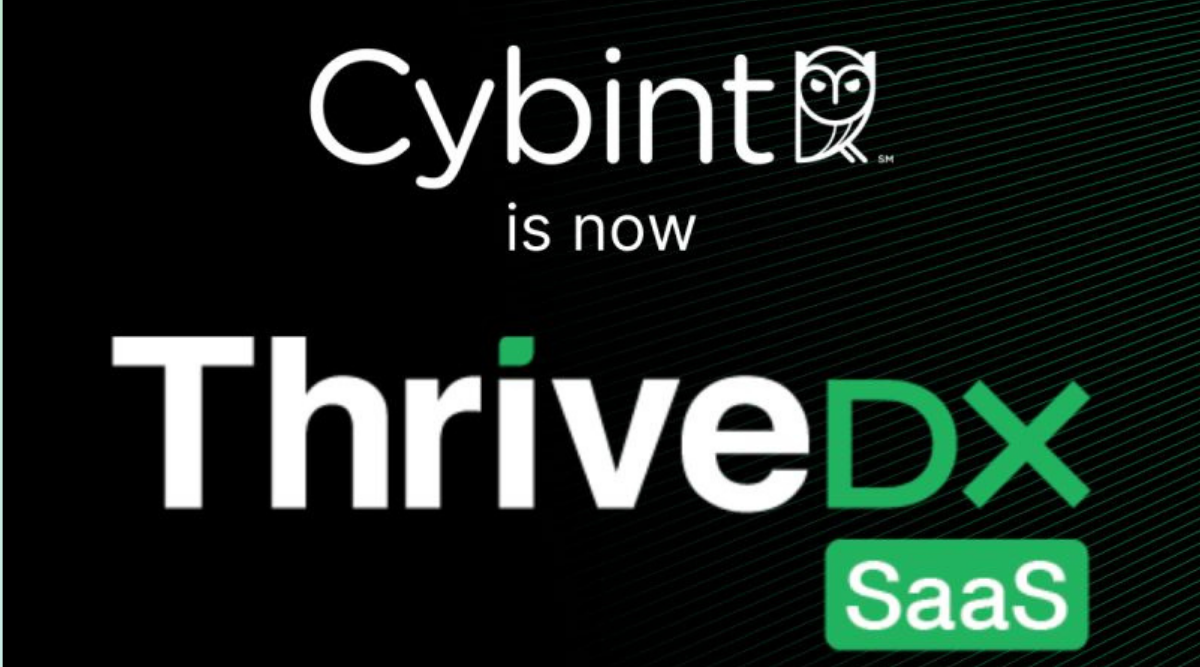Any event as massive as the coronavirus is sure to bring about some sweeping changes. As people adapt to new circumstances, it has cast a new light on some aspects of life and business. Companies and individuals alike are starting to shift in their understanding of cybersecurity.
Digital security has been crucial for as long as people have used the internet. Now that the pandemic has affected how people do so, it has brought new focus to the issue. COVID-19 brings new security challenges and highlights where our old strategies may fall short.
Here’s a closer look at how the pandemic has changed the way we view cybersecurity.
Cybercrime is More Prominent than Ever
If nothing else, more people are aware of the threat of cybercrime now. The chaos and confusion of the pandemic, especially in the early days, created the perfect opportunity for cybercriminals. As a result, the world saw a surge in illegal online activities, highlighting the need for better security.
McKinsey reports that spear-phishing increased nearly seven times since the pandemic began. The FBI has seen a 400% increase in cybersecurity complaints, receiving as many as 4,000 a day. Cyberattacks have skyrocketed, bringing new attention to the issue.
Increased Reliance on Digital Tools

Throughout the pandemic, many businesses and schools have transitioned into a work-from-home system. Digital tools like videoconferencing software and cloud storage have enabled remote work and learning, but they also present new risks. With these systems being more critical than ever, cybercrime is a severe threat.
Even before the pandemic, cyberattacks cost small businesses an average of $200,000. Now that companies run more mission-critical work on digital platforms, they could lose even more. Reliance on internet services means a cyberattack could bring an entire operation to a halt.
This digital reliance applies to everyone, not just business owners. In June, the University of California paid a $1.14 million ransom in an attack on its school of medicine. As schools move to a digital learning platform, they need to consider cybersecurity too.
Shifting Cybersecurity Needs
The pandemic has changed cybersecurity but the prominence and severity of cybercrime aren’t the only parts of digital security that’s changing. Now that people have adopted new ways of doing things, they have different security needs. The shift toward remote work is a prime example of this.

Nearly 43% of full-time employees say they want to keep working remotely after the pandemic. Remote work, which relies on employees’ personal devices and home networks, requires a different approach to cybersecurity. Businesses need to find a way to make IT security more accessible and flexible.
Ran Sahor, CEO of HolistiCyber, mentions that companies’ rapid pace of change will highlight new vulnerabilities in their security. In response, approaches to cybersecurity will have to become more flexible, working to address issues as they arise. Just as businesses are having to become more adaptable, so is data security.
Who’s Responsible for Data Security?
As the digital security landscape shifts, so are our ideas of who’s responsible for it. The notion that security is the responsibility of a few employees in the IT department is fading. It’s becoming clear that everyone who has access to a system needs to keep security in mind.
Remote work puts more pressure on employees to be vigilant of threats, so cyberawareness training is more critical now. Since phishing attacks have surged, more organizations will emphasize teaching workers how to spot them.
Cybersecurity should be everybody’s business, but that hasn’t always been clear. Now that the security situation is more extreme, more people understand that.
The Pandemic Brings New Attention to Cybersecurity
People will approach cybersecurity in the post-COVID world differently than before, and for the better. The extremes of the pandemic have highlighted how the old ways of doing things may not work. Changes will start to bring improvements.
The attention placed on cybersecurity is long overdue. It may be challenging to adapt to these changes, but it’ll be worth it in the end.




